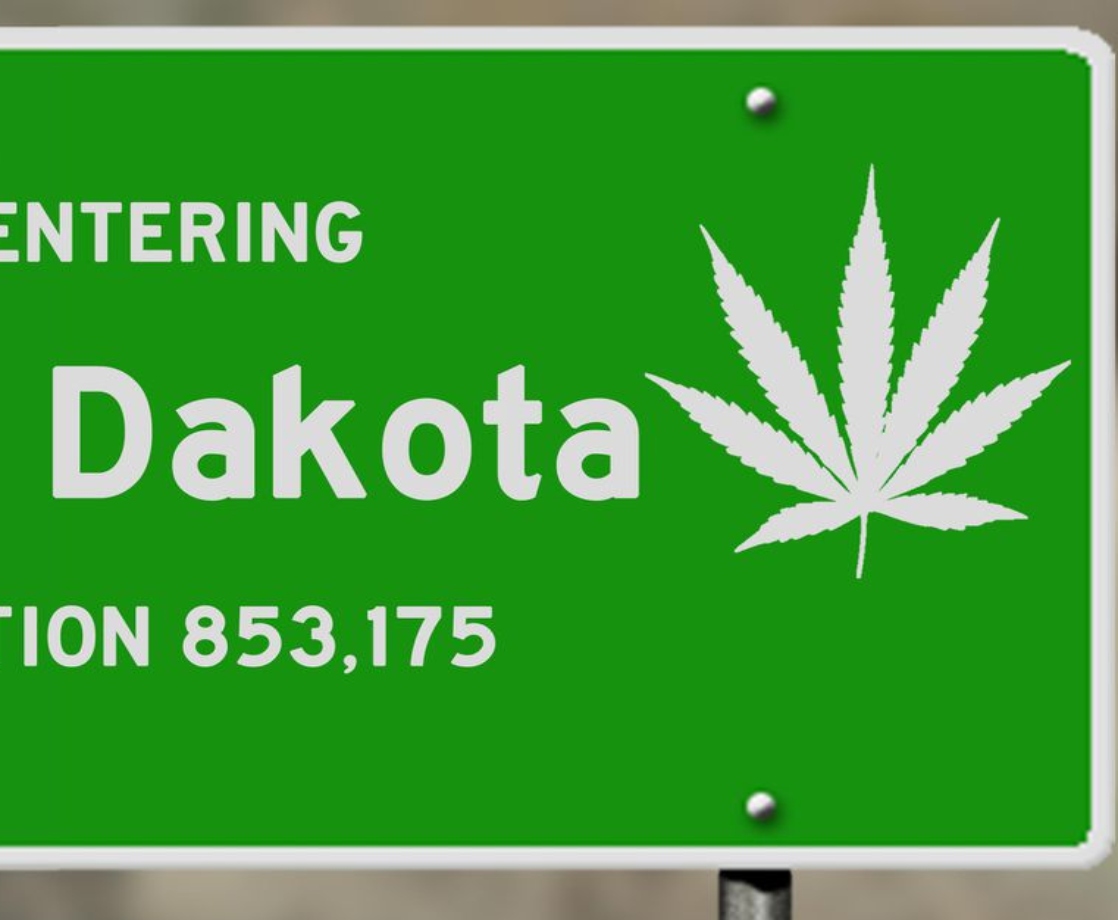South Dakota officials have begrudgingly begun to implement the state’s voter-approved adult-use law, despite their ongoing efforts to keep weed illegal.
Last October, South Dakota became the first US state to simultaneously legalize both adult-use and medical pot by way of a voter-approved ballot measure. The status of the state’s future adult-use pot industry is already in question, though. Governor Kristi Noem and several top state police are currently working to overturn the will of the voters — who pay their salaries, mind you — by filing a legal challenge that would nullify the new adult-use law.
But while this legal battle is still being waged, Noem is fulfilling her obligation to oversee the creation of a legal adult-use market, as directed by the ballot measure. “Right now, I’m moving forward to implement both measures because that’s what voters said to do,” Noem said in a recent interview, according to South Dakota News Watch.
“I was pretty bold in saying this legislation is flawed, [but] now that it’s passed, I’m looking through it and implementing it as governor, which is what we’re doing today,” the governor added. “Our Department of Health, our Department of Public Safety, and our Department of Revenue are all stepping up operations to implement these ballot measures.”
State officials have hired a national consulting firm to help them draft a set of regulations to govern the new medical and adult-use industries. And last week, lawmakers filed a 22-page bill that sets out a first draft of rules and regulations covering adult-use cannabis sales. The state legislature has also set up a bipartisan Cannabis Caucus that is working to study the implementation of these new laws.
So far, the new weed caucus has met twice, hearing testimony from cannabis industry experts. In one of these first meetings, experts estimated that a fully mature adult-use market would generate about $352 million a year in sales. This would bring the state about $53 million a year in additional tax revenue, under the 15 percent excise tax imposed by the ballot measure. Half of these revenues would go to the state’s general budget fund, and the other half would help fund the state’s education system.
The vast majority of politicians are still opposed to adult-use legalization, even though the caucus has determined that legal pot sales would create jobs, boost the state’s overall economy, and bring in much-needed annual tax revenue. The new adult-use regulation bill, sponsored by Rep. Mike Derby (R), clearly states that the state “Legislature does not endorse the decision of the voters to make lawful the sale, possession, and consumption of adult-use retail marijuana,” News Watch reports.
Under the provisions set out by the adult-use ballot initiative, adult-use weed will become legal on July 1st of this year. Derby told News Watch that any lower court ruling on the decision would most likely be appealed to the state Supreme Court, but it is unlikely that this appeal would be completed by July 1st. In that case, weed could become legal before the court issues a final verdict in the matter. A judge could also decide to delay the start of legalization until the court case is resolved.
The state’s new medical marijuana program will also go live on July 1st, but fortunately, politicians have not challenged this law. Noem has created a medical marijuana workgroup to discuss the necessary regulations and has also ordered several state agencies to begin coordinating the rollout of the new program.











